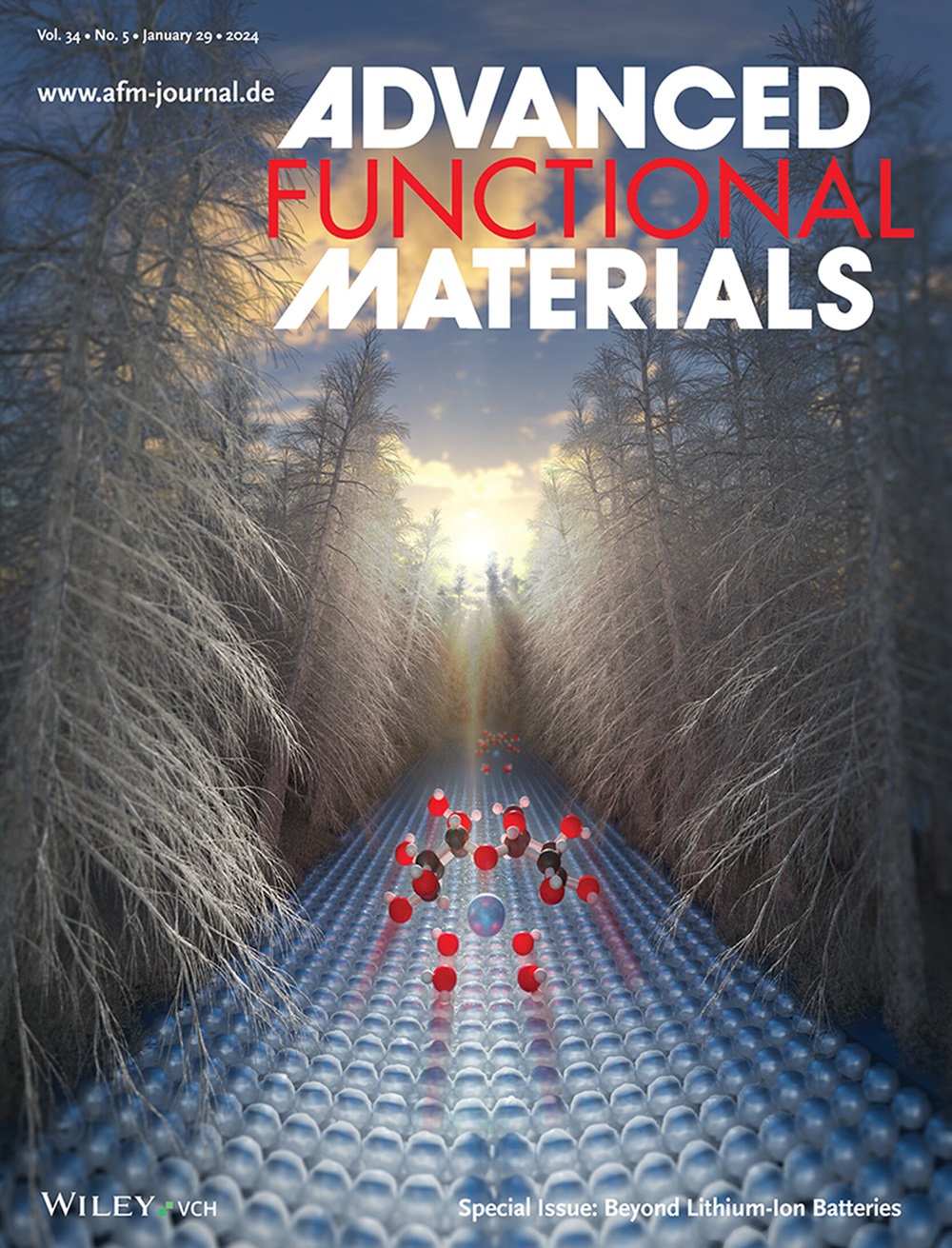摩擦电传感为CNC机床提供触觉感知和材料自适应智能粗糙度检测
IF 19
1区 材料科学
Q1 CHEMISTRY, MULTIDISCIPLINARY
引用次数: 0
摘要
表面粗糙度是高端制造业的核心质量指标,但传统的检测技术受到效率、通用性和环境鲁棒性的限制。本研究提出了一种基于TENG的智能触觉探头(ITTP),用于实现交叉材料和连续粗糙度的高精度在线检测。通过仿生多层结构设计,ITTP将表面形貌转化为动态电信号,并结合物理机理分析和信号分解算法,消除电子亲和和接触条件波动的干扰。此外,进一步开发了一种创新的混合分类和回归双神经网络模型,可以在六种工程材料和五个级别的离散粗糙度的组合上实现100%的识别,而MLP回归模型在全范围的连续粗糙度(0.05-12.5µm)下预测的平均误差为<;5%。ITTP成功嵌入到数控机床中,构建“感知-决策-控制”闭环系统,推动表面检测由离线抽样检测向全区域在线检测转变,为智能制造的实时工艺优化和零缺陷生产提供核心支撑。本文章由计算机程序翻译,如有差异,请以英文原文为准。
Triboelectric Sensing Enables Tactile Perception and Material‐Adaptive Intelligent Roughness Detection for CNC Machine Tools
Surface roughness is the core quality indicator for high‐end manufacturing, but traditional inspection technologies are limited by efficiency, universality and environmental robustness. In this study, an intelligent tactile probe (ITTP) based on TENG is proposed to realize the high‐precision online detection of cross material and continuous roughness. Through the biomimetic multi‐layer structure design, ITTP converts the surface morphology into dynamic electrical signals and combines physical mechanism analysis and signal decomposition algorithm to remove the interference of electronic affinity and contact condition fluctuation. In addition, a further innovative hybrid classification and regression dual neural network model is developed to achieve 100% identification on a combination of six engineering materials and five levels of discrete roughness, while the MLP regression model predicted an average error of <5% for a full range of continuous roughness (0.05–12.5 µm). ITTP is successfully embedded in the Computer Numerical Control (CNC) machine tools to build a “perception‐decision‐control” closed‐loop system, promote the transformation of surface inspection from offline sampling inspection to all‐area online inspection, and provide the core support for real‐time process optimization and zero‐defect production for intelligent manufacturing.
求助全文
通过发布文献求助,成功后即可免费获取论文全文。
去求助
来源期刊

Advanced Functional Materials
工程技术-材料科学:综合
CiteScore
29.50
自引率
4.20%
发文量
2086
审稿时长
2.1 months
期刊介绍:
Firmly established as a top-tier materials science journal, Advanced Functional Materials reports breakthrough research in all aspects of materials science, including nanotechnology, chemistry, physics, and biology every week.
Advanced Functional Materials is known for its rapid and fair peer review, quality content, and high impact, making it the first choice of the international materials science community.
 求助内容:
求助内容: 应助结果提醒方式:
应助结果提醒方式:


